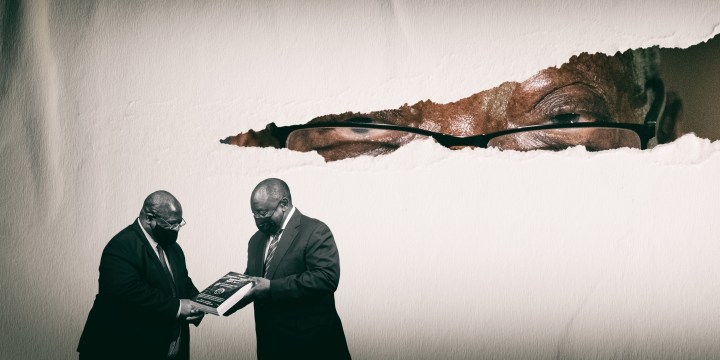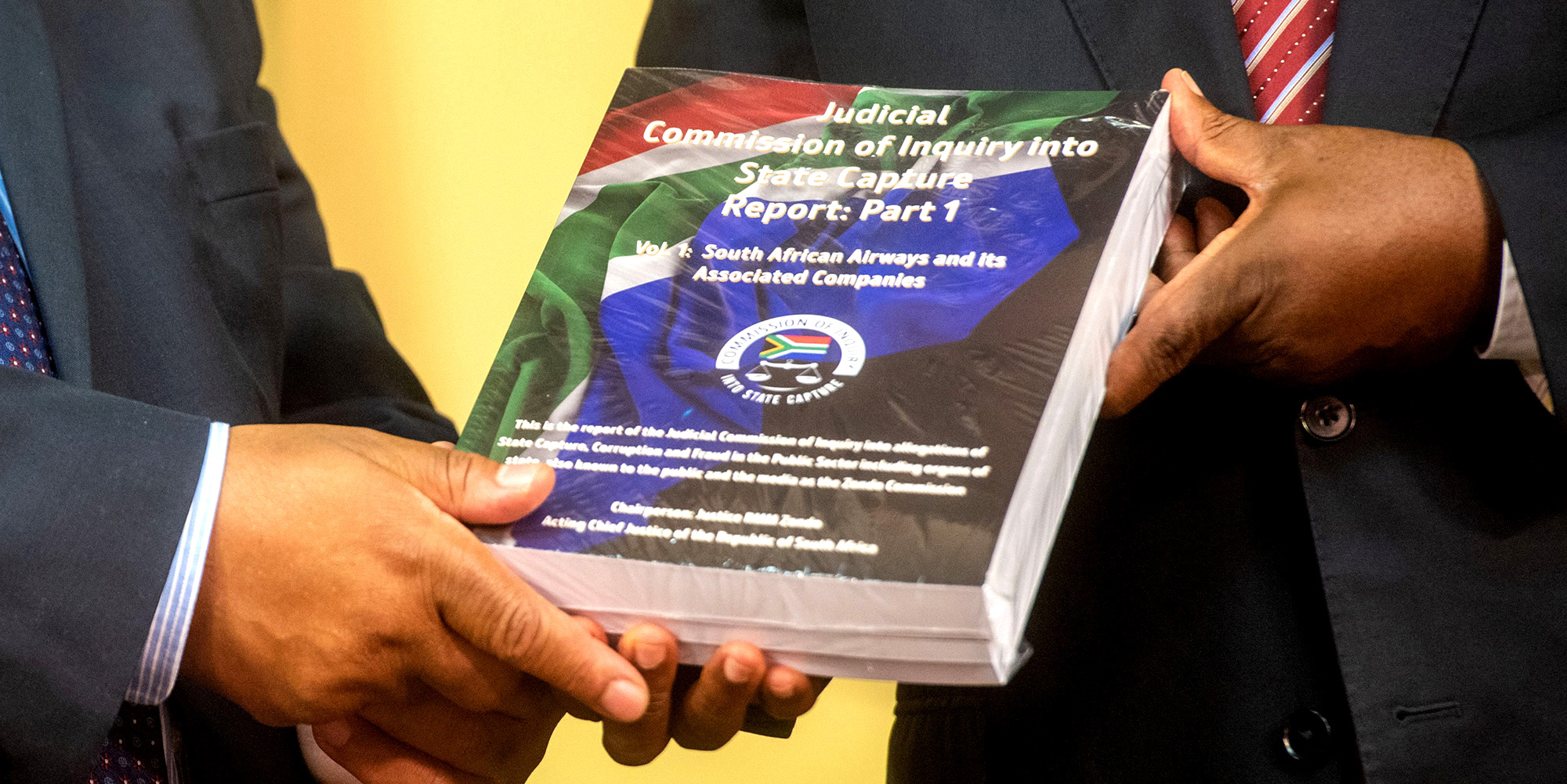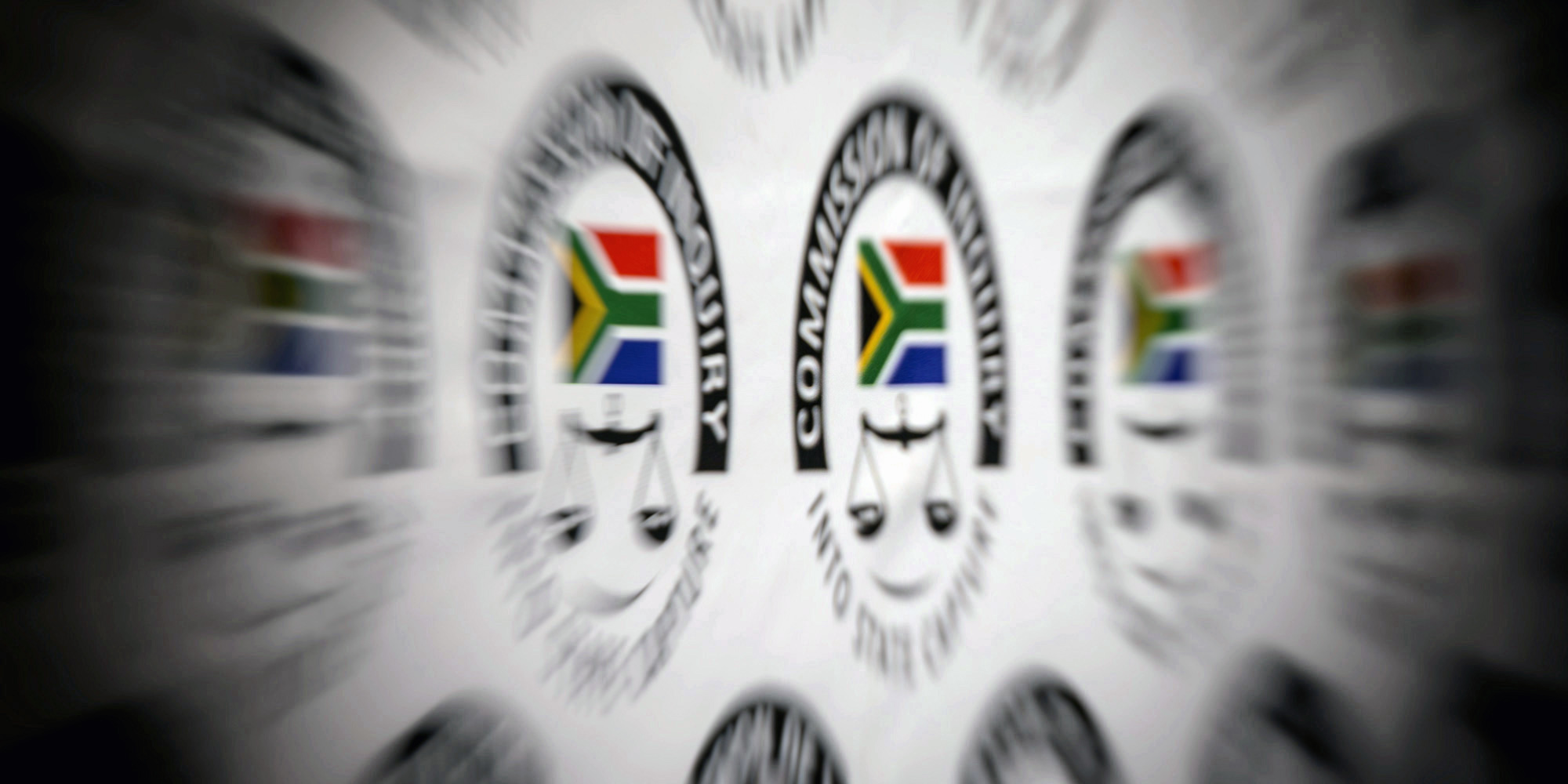STATE CAPTURE OP-ED
The Zondo report’s recommendations must be implemented yesterday

South Africa is in a desperate condition. It needs action. It must be rigorous. It must take us forward.
The Zondo report is an impressive undertaking. Drawing on 400 days of hearings and 1.7 million pages of documentary evidence, it is the largest open investigation into corruption in South African history.
Its archive is largely published, and the first two parts of the report are now publicly available. They make recommendations we can divide into two categories:
- Those that deal with the accountability of individuals; and
- Those that speak to the need for institutional reforms, particularly in relation to public procurement policy, whistle-blowing laws, and the governance of state-owned enterprises (SOEs).
While both are important, here we are primarily concerned with the latter.
The evidence before the Zondo Commission implicates thousands of people. Many of them have been, and will be, referred for further investigation, professional discipline and prosecution (although, whether this leads to convictions and harsh consequences remains to be seen).
Opposition to the report has been mounted on the basis that Deputy Chief Justice Raymond Zondo has shown factional favouritism. These accusations hold no water. The report argues strongly and correctly that the corruption that we have seen is rooted in problems that precede former president Jacob Zuma’s administration. The commission transcended factional lines by securing damaging testimony from individuals arrayed across them, including President Cyril Ramaphosa. While Zondo’s duties have compelled him to wade into the morass of governing-party politics, he has protected the impartiality of both his commission and the judiciary.

The report comes out strongly in support of the principle of protecting and compensating whistle-blowers, whose integrity and commitment to public service were essential to bringing State Capture to light. (Photo: iStock)
In the meantime, the report’s substantive findings remain entirely unchallenged. The evidence is overwhelming that key organs of state have been plundered, with demonstrated and dire consequences for the provision of public services and for the wellbeing of our people. The effects of this are likely to be with us for generations. Given the challenges that the country now faces – a stark unemployment rate of 35%, an increasingly competitive and technologically advanced global economy, climate change – as well as related challenges, South Africa may not be able to recover from a repeat capture event, unrestrained as it will be by the imprimatur of impunity. The law must take its course.
Political deployment
The commission should be credited for not resting at the identification of individual wrongdoing, but going further to investigate the institutional root causes of systemic corruption. They argue that the framework and practice of unchecked political deployment into public administrative posts has greatly facilitated State Capture. The evidence on this point is abundant. Its significance as a key driver of South Africa’s governmental crisis is by now clear and incontestable. The first part of the report, however, makes no specific recommendations for addressing this. The second part gestures toward reforms covering SOEs. We hope the final part develops specific proposals for a robust and independent check on appointments, not only in SOEs, but also across the public administration. We cannot overemphasise how important this is.
Public procurement policy
Part 1 of the report focuses on public procurement policy. In this space, it calls for a national charter against corruption, signed by representatives of government, business, labour and civil society, which would include a code of conduct and be elevated into law by an act of Parliament. It envisages that procurement officials and businesses tendering for government contracts would all formally commit to upholding its terms.
It further proposes a Public Procurement Anti-Corruption Agency (PPACA), established independently under the Constitution and law. The five members of its governing council are to be appointed by a panel consisting of the Chief Justice, the Auditor-General and the minister of finance. Its finances are to come through parliamentary appropriations, a separate fee payable by all tenderers, and other sources. These provisions for independence are robust. Innovative in the context of the South African administrative tradition, they represent the sort of bold thinking the country needs to bring its runaway corruption problem under control.

The report argues strongly and correctly that the corruption that we have seen is rooted in problems that precede former president Zuma’s administration. (Photo: Alet Pretorius)
The PPACA will be empowered to set guidelines, norms and standards dealing with corruption in procurement. It will be able to require information from, conduct inspections of and undertake investigations into procurement operations. It will also operate a litigation unit with access to a Public Procurement Tribunal, which will be empowered to grant warrants for search-and-seizure, interdicts, debarment of suppliers and other remedies. Finally, a Public Procurement Court will hear appeals and decide civil claims for recoveries.
The PPACA would cover serious shortcomings in the monitoring and enforcement capacity of the various investigative agencies, National Treasury and the National Prosecuting Authority (NPA). The decisions of ordinary courts have sometimes been criticised for not adequately grappling with technical aspects of public procurement operations. A specialist Public Procurement Court would help to address this, but to do so its mandate should extend beyond cases involving corruption.
Whistle-blower protection
The report also comes out strongly in support of the principle of protecting and compensating whistle-blowers. Their integrity and commitment to public service were essential to bringing State Capture to light. The commission contends that the PPACA should be identified as the proper channel for making disclosures, that it should be empowered to protect whistle-blowers from harm and authorised to compensate them with a percentage of the damages which they help to recover to the state where their disclosure leads to a conviction. These reforms will be a major encouragement to whistle-blowers and will provide, through them, a massive boost to the state’s ability to prevent, detect and tackle corruption.
Deferred prosecution agreements
The report calls for the introduction of deferred prosecution agreements into South African law. In terms of these agreements, deferral of prosecution will be offered to certain parties in exchange for full and honest disclosure of crimes, repayment of stolen proceeds, further monetary penalties, steps to ensure compliance with the law in future, and cooperation in related investigations. The mechanism provides a way to draw information out of corrupt networks and into enforcement agencies, to ensure some measure of accountability and future compliance from those who come forward, and to facilitate broader prosecutions; all while reducing the NPA’s currently insurmountable backlog of corruption cases.
Other recommendations
The Zondo report makes a series of further, important recommendations. It calls for the professionalisation of public procurement officials, for a more strategic balance between the centralisation and decentralisation of procurement operations, and for transparency to be brought up to international standards. At the very least, such standards should include an open contracting approach and the adoption of beneficial ownership standards to collect and publish information from entities doing business with the state.

The Zondo report is an impressive undertaking. Drawing on 400 days of hearings and 1.7 million pages of documentary evidence, it is the largest open investigation into corruption in South African history. (Photo: Leila Dougan)
The way forward
The implementation of the commission’s collected proposals would be a considerable advance for good governance. The report argues that this should all be achieved by harmonising the country’s public procurement policy framework, which is currently sprawling, fragmented and sometimes inconsistent. It is here we begin to see potential tension between the report’s proposals and those emerging from other (albeit stagnated) processes; such as the Public Procurement Bill and the establishment of the National Anti-Corruption Advisory Council to implement the National Anti-Corruption Strategy.
These various processes must, of course, all be cohered, but our chief worry is that this will lead to protracted and intractable policy debates, spurred on by those who wish to delay or foreclose implementation.
South Africa needs action. It must be rigorous. It must take us forward. But we are wary of any counsel of perfection against progress. The Public Procurement Bill process started a decade ago, and Parliament has yet to see the document. The useful good government proposals of the National Development Plan, published in 2013, have yet to find any tangible expression. In 2020, Ramaphosa publicly promised a “new era of transparency and accountability”. However, one of the key concrete achievements of this era – transparency across Covid-related procurement – is in the process of being rolled back. Last week, ANC leaders called for raising thresholds on disclosures and donations in the Political Party Funding Act, announcing a desire to whittle away the already threadbare provisions of the country’s first party finance regulatory statute.
The country is in a desperate condition. Disillusion, despondency, fear and anger are pervasive. The Zondo report’s recommendations must be implemented yesterday. DM/MC
Ryan Brunette, Research Associate (PARI); Jay Kruuse, Executive Director (PSAM); and Tharin Pillay, Legal Researcher, Corruption Watch. The authors write on behalf of the Public Affairs Research Institute (PARI), Public Service Accountability Monitor (PSAM), Corruption Watch (CW), Ahmed Kathrada Foundation (AKF), and Defend our Democracy (DoD) – members of the Procurement Reform Working Group.
[hearken id=”daily-maverick/9072″]



















 Become an Insider
Become an Insider
There was huge optimism among all citizens in 1994, this the ANC killed. There seems to be huge optimism again, but this time only by the ANC. Everyone else is too tired of the same pitiful story over and over again. This makes me feel uneasy.
100%. And that’s why some people still listen to SONA. Hearing about fast trains and smart cities is even more removed from reality than the successes of the ANC. Failure is so prevalent now that that is all people want to hear about simply to rationalise their sense of anger.
These recommendations are just pie in the sky. How is this going to be managed. The DG’s daming reports over the last twenty eight years have yielded absolutely nothing. It remains a report collecting dust swept under the carpet. Until we see lengthy prison terms and radical changes to the labour laws the likes of suspension with full benefits and many others, then the Zondo report together with its recommendations will amount to zero.